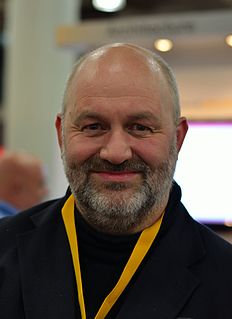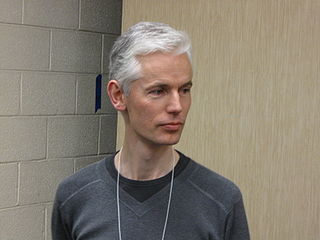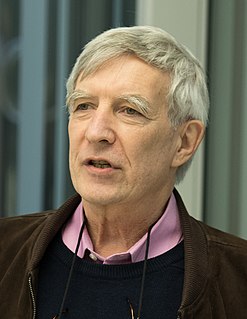A Quote by Leroy Hood
Data-intensive graph problems abound in the Life Science drug discovery and development process.
Related Quotes
The most remarkable discovery made by scientists is science itself. The discovery must be compared in importance with the invention of cave-painting and of writing. Like these earlier human creations, science is an attempt to control our surroundings by entering into them and understanding them from inside. And like them, science has surely made a critical step in human development which cannot be reversed. We cannot conceive a future society without science.
Computer science only indicates the retrospective omnipotence of our technologies. In other words, an infinite capacity to process data (but only data -- i.e. the already given) and in no sense a new vision. With that science, we are entering an era of exhaustivity, which is also an era of exhaustion.
At the other end of the spectrum is, for example, graph theory, where the basic object, a graph, can be immediately comprehended. One will not get anywhere in graph theory by sitting in an armchair and trying to understand graphs better. Neither is it particularly necessary to read much of the literature before tackling a problem: it is of course helpful to be aware of some of the most important techniques, but the interesting problems tend to be open precisely because the established techniques cannot easily be applied.
Precisely constructed models for linguistic structure can play an important role, both negative and positive, in the process of discovery itself. By pushing a precise but inadequate formulation to an unacceptable conclusion, we can often expose the exact source of this inadequacy and, consequently, gain a deep understanding of the linguistic data. More positively, a formalized theory may automatically provide solutions for many problems other than those for which it was explicitly designed.




































